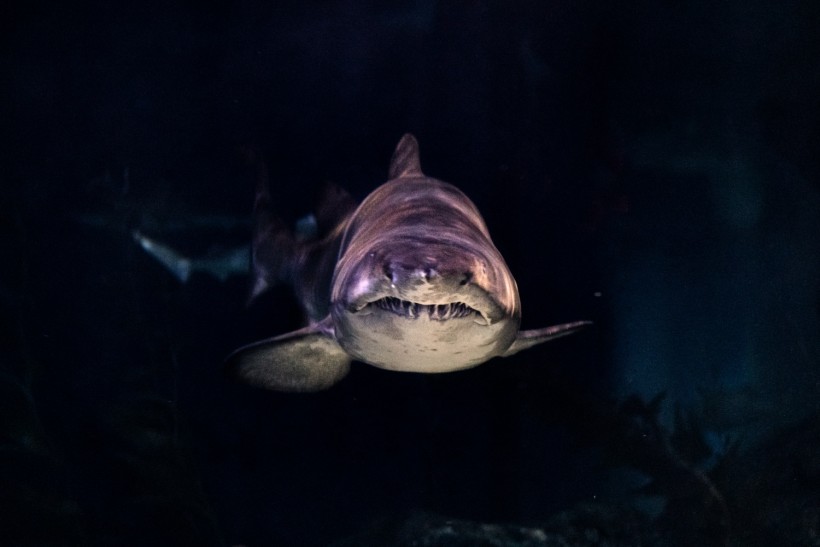A few days ago, a teenage girl died from a shark attack while swimming in a river in Western Australia. The 16-year-old girl died due to critical injuries she sustained from the attack and it was said to be the first fatal shark in the area since January 31, 1923. Australia is one of the shark attack hotspots around the world, second only to the US.
According to the University of Florida's International Shark Attack File (ISAF), the US is the top shark attack hotspot of the world with 1,563 unprovoked shark attacks since 1580, followed by Australia with 682 attacks, then by the Republic of South Africa with 258 attacks, and Brazil with 110 attacks.

World Map of Shark Attack Hotspots Shows Locations With the Most Number of Encounters in 2022, Citing Florida as the Capital
Shark Attack Bite Capital of the World
Florida was the shark bite capital of the globe, with 16 unprovoked attacks documented there last year, as per MailOnline. On the other hand, the data suggests that the frequency of shark attacks this year fell from 2021 to a ten-year low.
In 2022, about 57 unprovoked shark attacks were recorded in which five of which were fatal compared to the 73 cases in 2021 with nine fatalities. Most of them were documented in the US and Australia, but solitary bites were also recorded in New Zealand, Thailand, and Brazil.
The Florida Museum released an interactive map in August that allows people to investigate the frequency of unprovoked shark attacks throughout the world. This year matched with 2020 for the most unprovoked bites globally, with 52, a ten-year low.
Travel restrictions and beach closures caused by the COVID-19 epidemic are supposed to have resulted in less interaction between people and sharks, lowering the population.
In 2022, the United States had the most unprovoked shark attacks of any country on the planet. The great majority occurred in Florida, and while none were deadly, two of them resulted in amputations. These are considered to be the consequence of bull shark bites.
Are There Lesser Sharks in the Sea?
According to Earth.com, the ISAF maintains the only scientifically documented, complete record of all reported shark attacks in the world. It began in 1958 and is currently kept in the Florida Museum of Natural History. The list now contains 6,800 shark attack instances dating from the early 1500s to the present.
This year's study focuses on unprovoked shark attacks, which are defined as incidents in which a shark bites a live human in its natural environment with no human provocation of the shark. Their findings show that there is a significant decrease in shark bites in 2022 which may reflect the documented global decline of shark populations.
Gavin Naylor, director of the Florida Museum of Natural History's Florida Program for Shark Research, said that the number of sharks in the oceans may have contributed to recent lulls. He pointed out that fatalities may have also increased as beach safety protocols are emphasized in shark attack hotspots, like in Australia.
RELATED ARTICLE: 60-Year-Old Retired Professor Suffers Broken Femur, Injured Stomach and Leg After a Rare Shark Attack in California
Check out more news and information on Shark Attack in Science Times.














